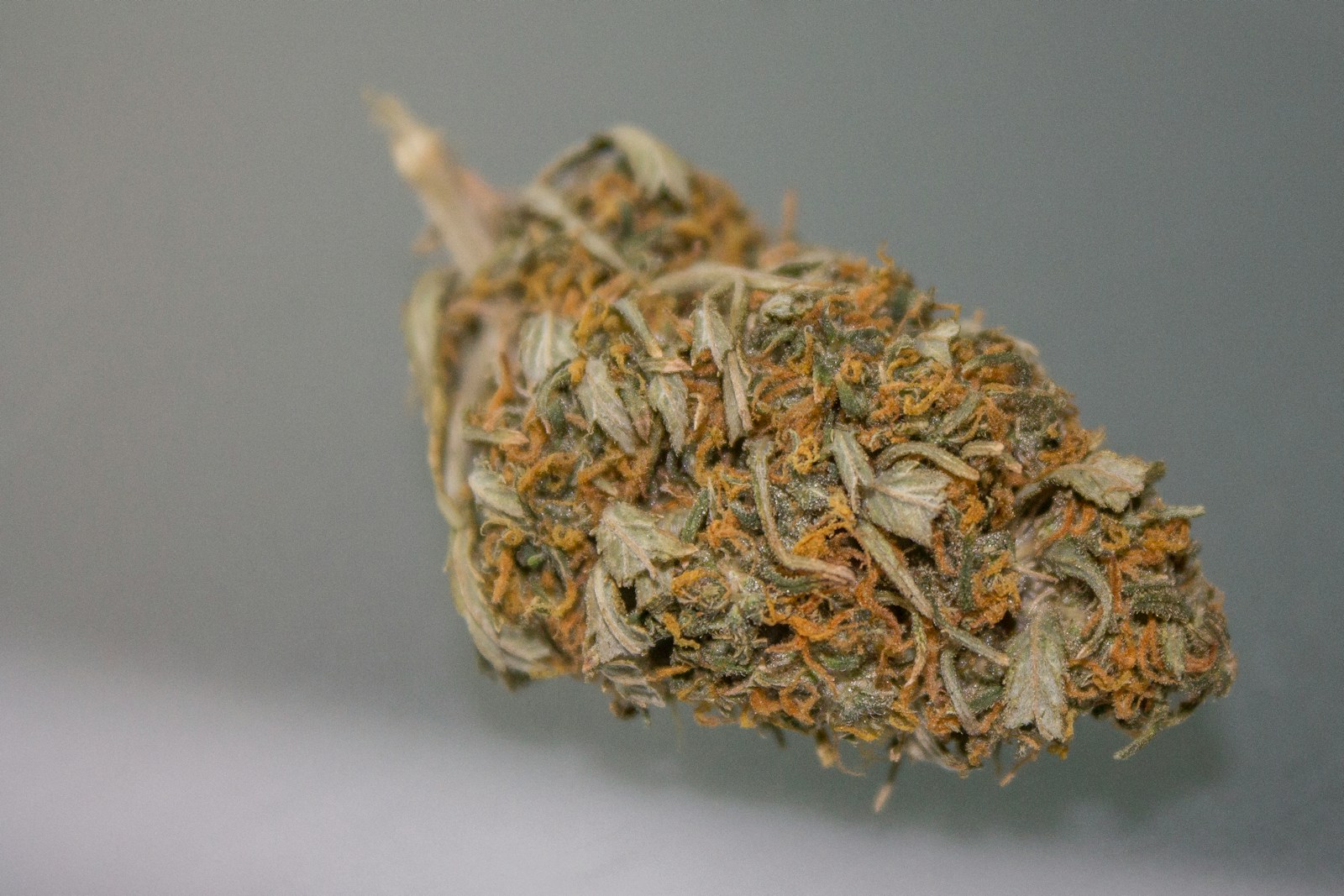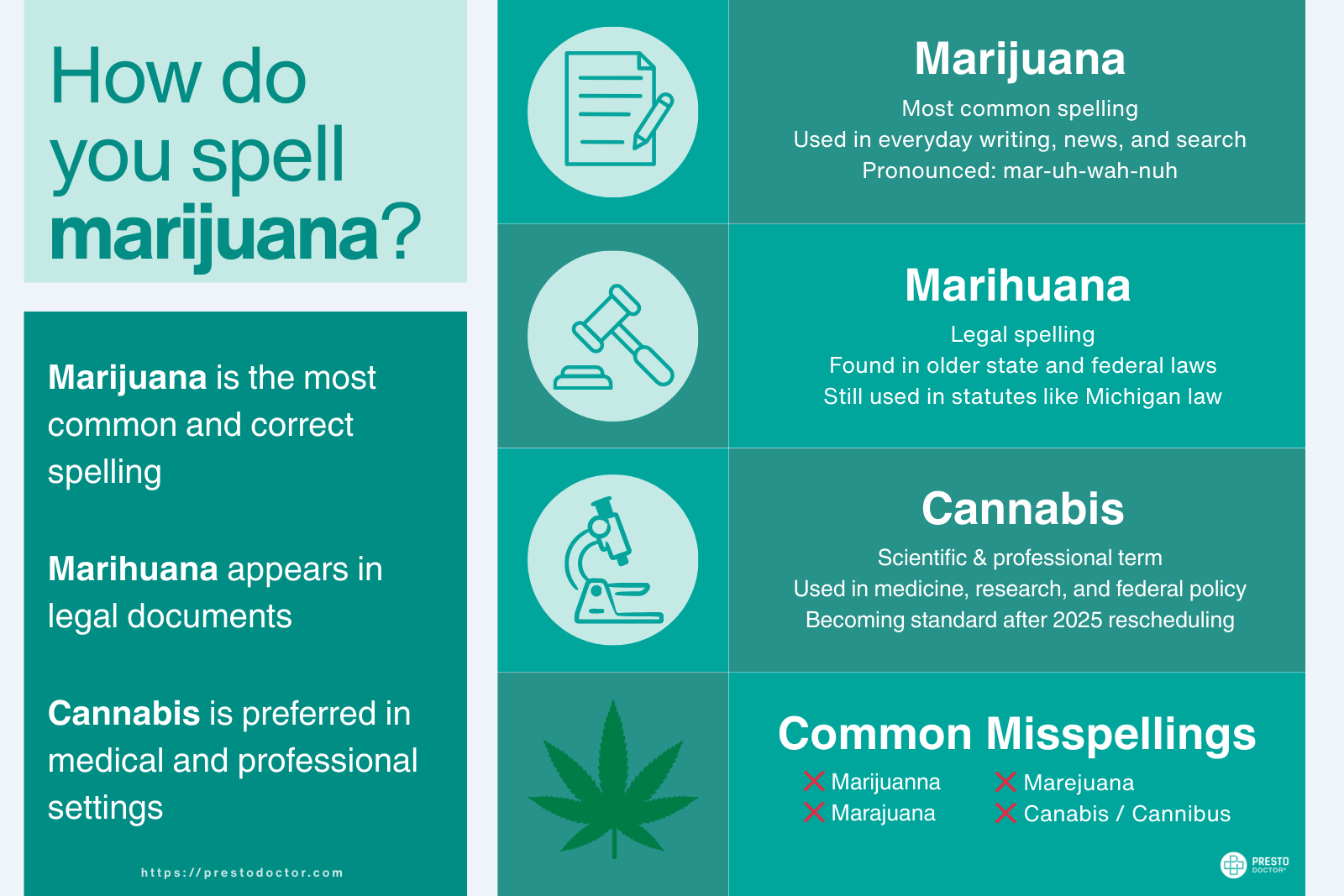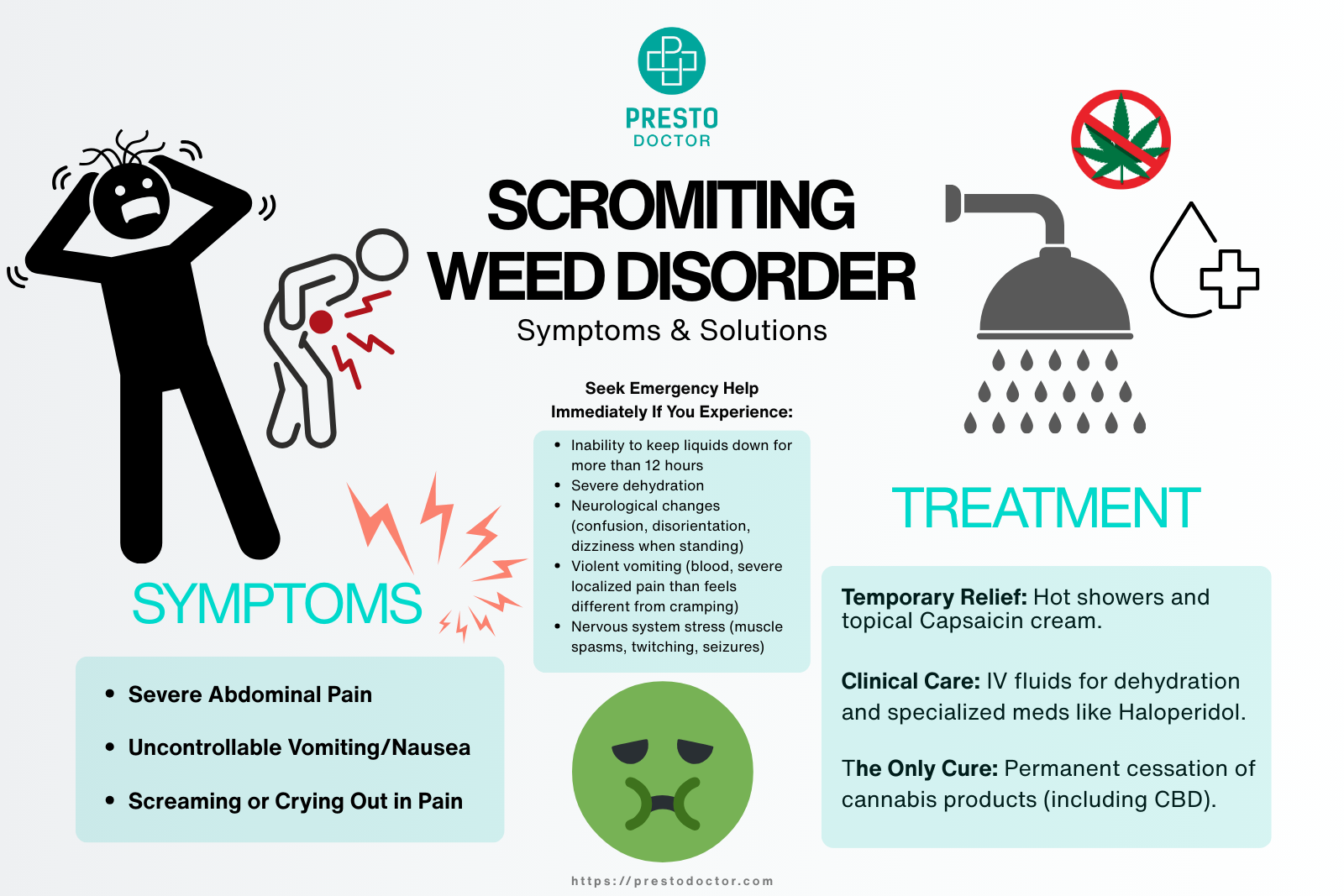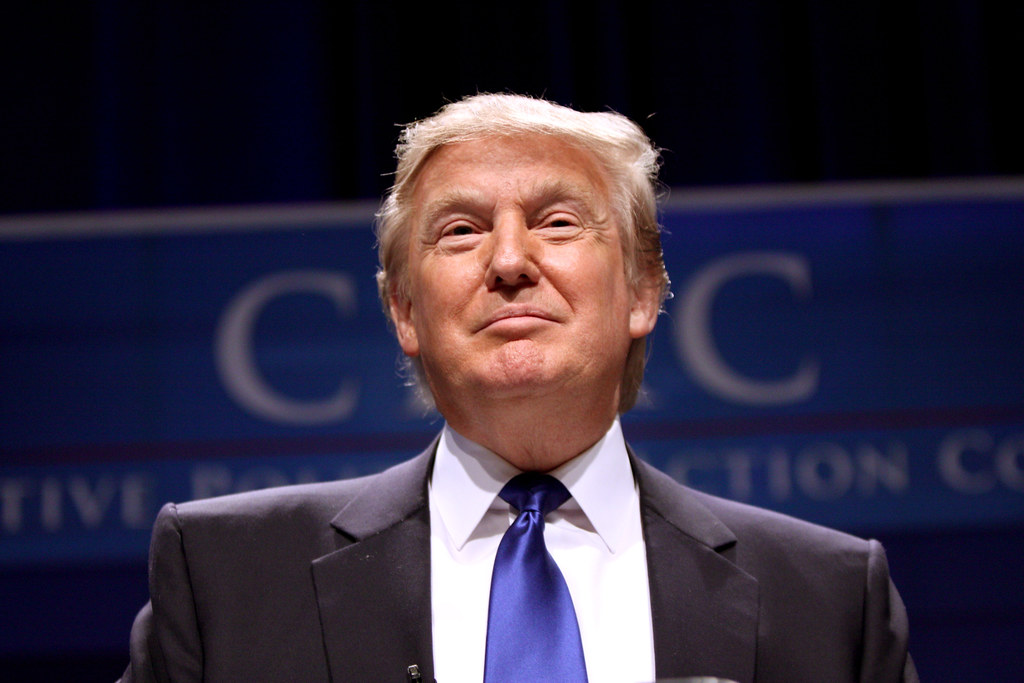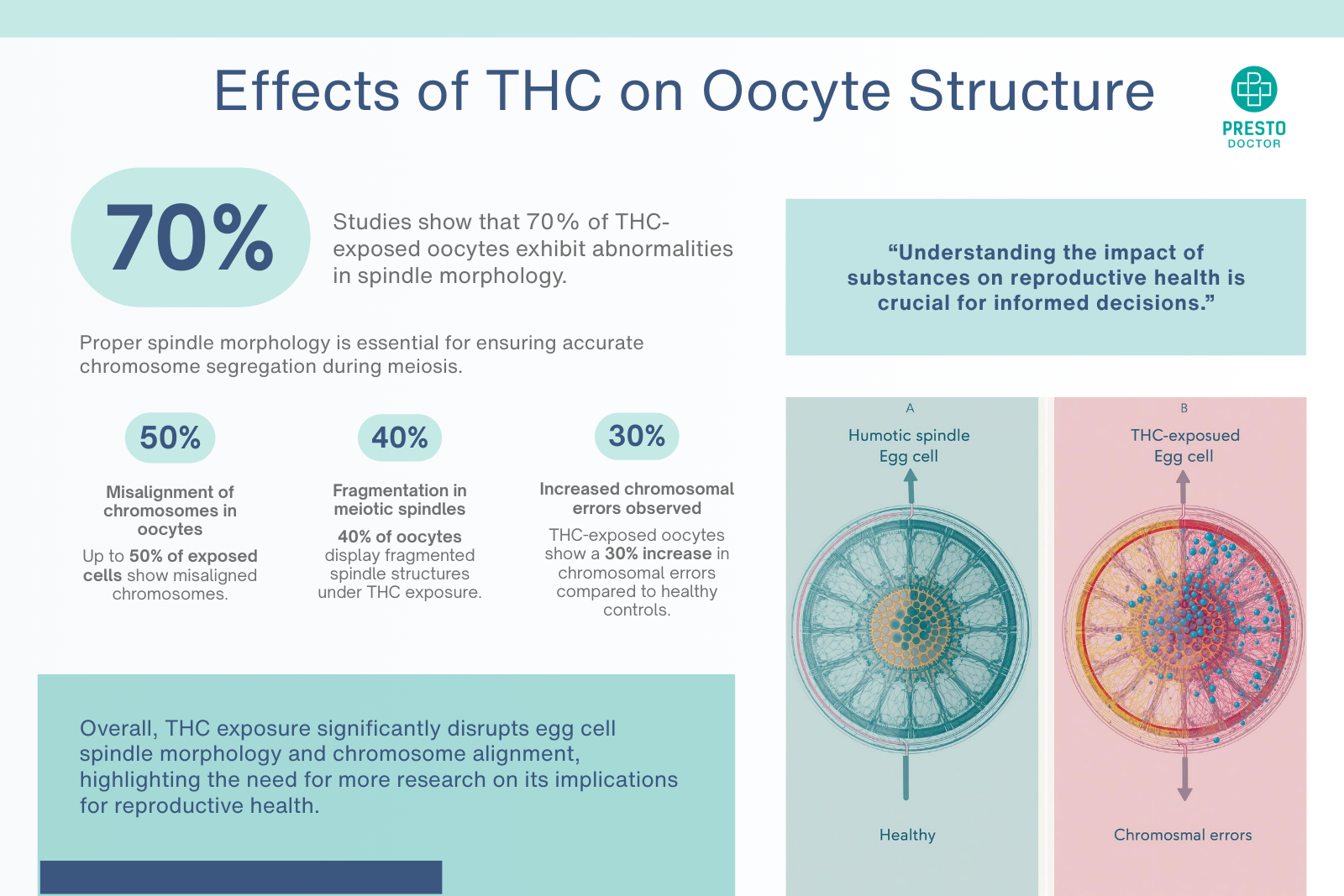
The FDA has made a groundbreaking decision to approve a clinical trial studying the effects of high-potency marijuana on post-traumatic stress disorder (PTSD) in veterans. This rare approval signifies a shift in federal attitudes toward cannabis research and its potential therapeutic applications. For millions of veterans and medical cannabis advocates, this study represents a crucial step toward better understanding the plant’s potential for treating PTSD. The FDA approves marijuana PTSD study highlighting its importance. The FDA’s approval of a cannabis study for PTSD is a landmark decision for veterans and medical research alike. Indeed, the fact that the FDA approves cannabis study for PTSD could change many lives.
Historical Background of Cannabis Research in the U.S.
Historically, cannabis research in the United States has been hindered by its Schedule I classification, which designates the drug as having no medicinal value and high abuse potential. Researchers faced significant regulatory, legal, and financial barriers. However, as more states legalized marijuana for medical and recreational use, the need for cannabis studies grew. Public support for marijuana legalization has surged, with 24 states and Washington, D.C., now allowing recreational use and 39 states permitting medical marijuana. With the FDA approving marijuana for PTSD research, this trend continues positively. The FDA approves cannabis study for PTSD, showing the ongoing changes in regulations and understandings.
The FDA’s Surprising Approval: Breaking Barriers in Cannabis Research
In 2021, the FDA rejected a similar study, citing health risks associated with high-potency marijuana and concerns about patients determining their own dosages. This month, the agency reversed its stance, approving the trial to proceed. While the FDA has not disclosed specific reasons for the change, experts believe it reflects growing recognition of the need for alternative treatments for PTSD and a broader acceptance of therapeutic cannabis research. Thus, the FDA approves marijuana PTSD focus in clinical trials, a clear indication of changing tides in health research.
High-Potency Marijuana: A New Hope for PTSD Treatment
The approved study, backed by a $12.9 million grant from Michigan’s cannabis regulatory agency, will use high-potency marijuana sourced from Canada. With 320 military veterans participating, it represents a significant improvement over a 2018 study that involved only 76 participants and used low-potency, government-sanctioned cannabis. Researchers hope the larger sample size and higher-quality cannabis will provide clearer insights into the plant’s effects on PTSD symptoms. Therefore, the FDA approves marijuana PTSD research, indicating a new era. Notably, the FDA approves cannabis study for PTSD with high expectations for veteran health benefits.
The Debate Over Smoking Cannabis for Treatment
One of the most contentious aspects of the study is its allowance for participants to smoke cannabis. Proponents argue that smoking marijuana is the most common method of use and provides nearly instant relief, crucial for managing PTSD symptoms. Critics, including organizations like Smart Approaches to Marijuana, question the ethics and relevance of smoking when alternative delivery methods for cannabis, such as edibles or oils, are available.
Cannabis and Mental Health: A Complex Relationship
While many PTSD patients report finding relief with cannabis, leading medical organizations remain cautious. The American Psychiatric Association has warned against using cannabis for mental health disorders, citing potential addiction and evidence that it can worsen mental health issues. However, the growing number of anecdotal accounts and limited studies highlighting cannabis’s benefits underscores the need for rigorous marijuana research.
Why Veterans Advocate for Medical Cannabis
Veterans like Gary Hess credit medical marijuana with saving their lives by alleviating symptoms such as anxiety, insomnia, and emotional dysregulation. Advocacy groups, including Veterans Alliance for Holistic Alternatives, have pushed for broader access to medical cannabis and cannabis treatments, arguing that traditional treatments often fail to address the complex needs of PTSD patients.
Funding and Support for the Study
The study’s $12.9 million grant highlights the growing role of state-funded cannabis research in addressing federal gaps. Michigan’s commitment reflects broader trends as states leverage tax revenues from cannabis sales to fund therapeutic marijuana studies, expanding the knowledge base for medical marijuana applications.
Regulatory and Legal Implications
This FDA approval could influence the federal government’s approach to cannabis regulation. The Biden administration has proposed downgrading cannabis from Schedule I, which would ease restrictions on research. While the timeline for reclassification remains uncertain, the approval signals a more open stance toward exploring marijuana’s medical potential.
Addressing Concerns: Risks and Ethics of Smoked Cannabis
Critics have raised concerns about the study’s methodology and ethical considerations. Opponents argue that emphasizing smoking cannabis perpetuates outdated practices and overlooks safer alternatives for marijuana delivery. Despite these criticisms, researchers defend the inclusion of smoking as a realistic representation of how most patients currently consume cannabis.
International Perspectives on Cannabis Research
Globally, countries like Canada have established a robust medical cannabis program, providing valuable data on its efficacy and safety. The U.S. could benefit from adopting similar frameworks to accelerate its understanding of cannabis as a therapeutic agent.
Future Directions for Cannabis Research
This study could pave the way for exploring cannabis’s potential to treat other conditions, such as chronic pain, epilepsy, and the side effects of cancer treatments. The findings may also guide the development of standardized marijuana dosages and delivery methods, ensuring safer and more effective use.
How FDA Approval Could Change Cannabis Regulation
For veterans and medical professionals, the FDA’s decision represents a step toward validating cannabis as a legitimate therapeutic option. While skepticism remains, this study could provide the scientific foundation needed to integrate medical marijuana into mainstream PTSD treatments. Remarkably, FDA approves cannabis study for PTSD with this intent.
FAQs
1. Why is this study considered groundbreaking?
It is one of the few FDA-approved trials allowing the smoking of cannabis to study its therapeutic effects rather than its harms.
2. What makes smoking cannabis a controversial method of treatment?
Smoking raises ethical concerns and health risks compared to alternative delivery methods like oils or edibles.
3. How does high-potency cannabis differ from government-sanctioned marijuana?
Government-sanctioned marijuana is often low-potency, whereas this study uses higher-potency cannabis for better results.
4. What are the potential risks of using cannabis for PTSD?
Potential risks include addiction, worsened mental health symptoms, and adverse reactions to high THC levels.
5. Could this study influence the future legality of marijuana in the U.S.?
Yes, the study’s results could support reclassification and broader acceptance of cannabis as a medical treatment. As the FDA approves marijuana PTSD research, more studies could follow, impacting the overall legal landscape.
6. Why is cannabis used for PTSD?
Cannabis is used for PTSD because many patients report that it helps alleviate symptoms such as anxiety, insomnia, flashbacks, and emotional distress. The plant’s compounds, particularly THC and CBD, may interact with the endocannabinoid system to regulate mood and stress responses, though more research is needed to confirm these effects.
7. Is smoking marijuana safe for PTSD treatment?
Smoking marijuana can provide rapid relief for PTSD symptoms, but it comes with risks such as lung irritation, dependency, and potential adverse effects from high THC levels. The safety of smoking marijuana for PTSD treatment is a topic of ongoing debate and research.
8. What is high-potency cannabis?
High-potency cannabis contains higher concentrations of THC, the psychoactive compound in marijuana. It is often used in studies to assess its effects more effectively but may pose higher risks of side effects, including increased anxiety or paranoia.
9. How does marijuana help veterans with PTSD?
Many veterans with PTSD report that marijuana helps them manage symptoms such as nightmares, hyperarousal, and emotional dysregulation. It may also improve sleep and reduce anxiety, though its effectiveness varies and more clinical evidence is needed.
10. What are the risks of using cannabis for mental health?
Risks of using cannabis for mental health include dependency, cognitive impairment, exacerbation of psychiatric disorders, and potential worsening of anxiety or depression in some individuals. It is important to use cannabis under medical supervision when treating mental health conditions.

